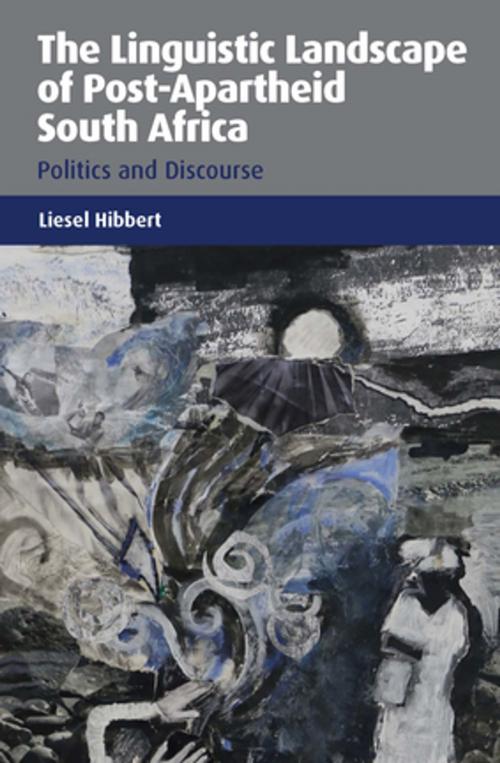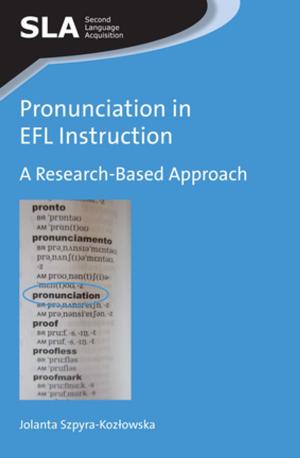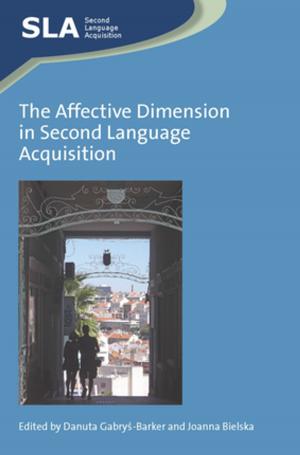The Linguistic Landscape of Post-Apartheid South Africa
Politics and Discourse
Nonfiction, Social & Cultural Studies, Political Science, Government, Political Parties, Reference & Language, Language Arts, Linguistics| Author: | Dr. Liesel Hibbert | ISBN: | 9781783095827 |
| Publisher: | Channel View Publications | Publication: | June 24, 2016 |
| Imprint: | Multilingual Matters | Language: | English |
| Author: | Dr. Liesel Hibbert |
| ISBN: | 9781783095827 |
| Publisher: | Channel View Publications |
| Publication: | June 24, 2016 |
| Imprint: | Multilingual Matters |
| Language: | English |
The appointment of Nelson Mandela as President of South Africa in 1994 signalled the end of apartheid and transition to a new democratic constitution. This book studies discursive trends during the first twenty years of the new democracy, outlining the highlights and challenges of transforming policy, practice and discursive formations. The book analyses a range of discourses which signal how and by what processes the linguistic landscape and identities of South Africa’s inhabitants have changed in this time, finding that struggles in South African politics go hand in hand with shifts in the linguistic landscape. In a country now characterised by multilingualism, heteroglossia, polyphony and translanguaging, the author debates where the discourse practices of those born post-1994 may lead.
The appointment of Nelson Mandela as President of South Africa in 1994 signalled the end of apartheid and transition to a new democratic constitution. This book studies discursive trends during the first twenty years of the new democracy, outlining the highlights and challenges of transforming policy, practice and discursive formations. The book analyses a range of discourses which signal how and by what processes the linguistic landscape and identities of South Africa’s inhabitants have changed in this time, finding that struggles in South African politics go hand in hand with shifts in the linguistic landscape. In a country now characterised by multilingualism, heteroglossia, polyphony and translanguaging, the author debates where the discourse practices of those born post-1994 may lead.















